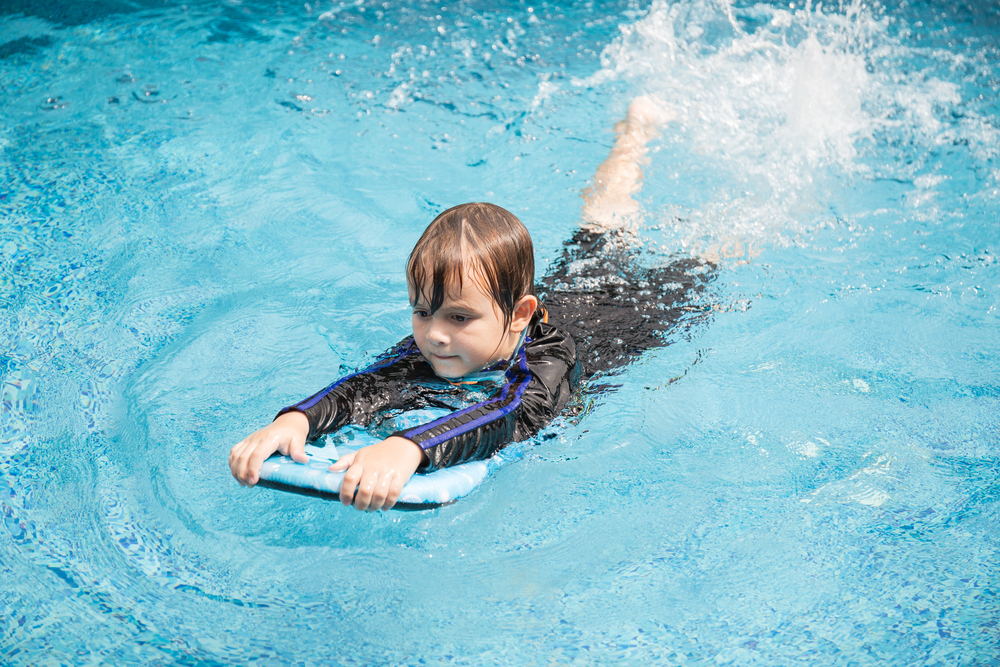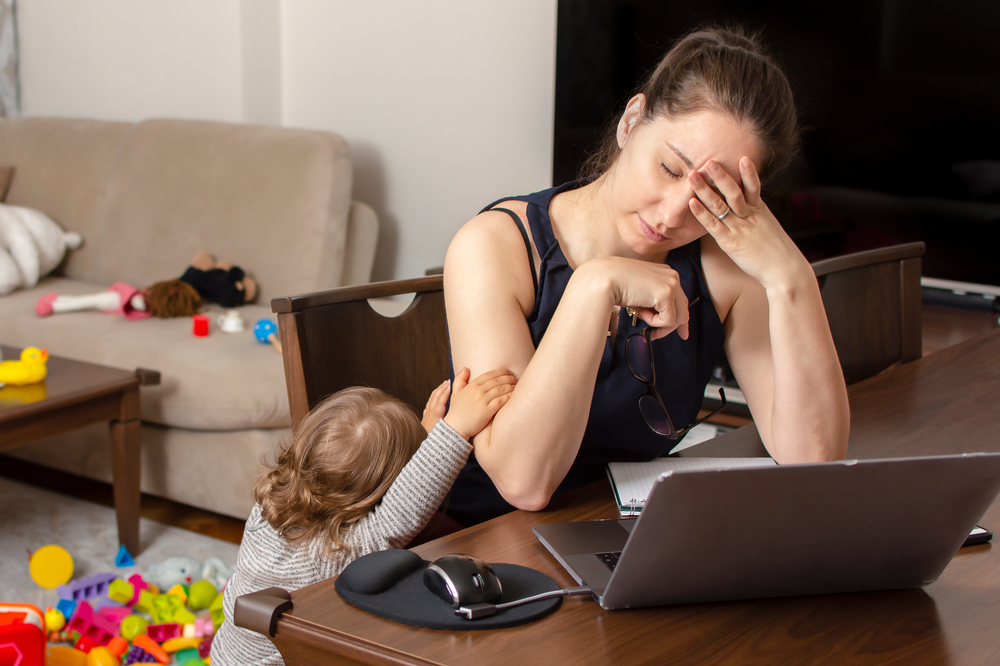Sleep tips
How to Stop Bedtime Battles with Toddlers?

By: Sara Westgreen- Researcher for the sleep science hub Tuck.com
We all know that when it comes to kids, one of the hardest times of day for a toddler is some parents' favorite — bedtime.
How much sleep should a baby or toddler get?
Newborns can sleep upwards of 16 hours a day, but never seem to do so all at once. Their circadian rhythm only starts developing around six weeks old, which is when they’ll begin to have a more regular sleep schedule, according to the Mayo Clinic.
Babies and toddlers who don’t get enough sleep will release more of a stress hormone called cortisol that will cause them to have more sleep problems like short naps and waking up in the middle of the night.
However, one in ten infants has trouble sleeping, according to the New York Times - a fact that won’t surprise many parents.
The good news is, there are some simple ways that you can start building sleep habits for your child.
How can you help your child sleep better?
The first step is to make sure that your child is comfortable.
-
A comfortable mattress and pillow is the first step to making sure your child sleeps well.
If you notice them tossing and turning regularly, you may need to change something about their crib. Purchasing a new mattress may be appropriate. You can also check the current mattress for itchy tags. -
They might also need a comforting blanket or stuffed animal with them in the bed to not feel so alone at bedtime.
If the toddler seems to worry about being alone in the dark, give a night light a try. -
You shouldn’t have anything with ribbons or buttons that can be a choking hazard or anything that has flashing lights, as that will be detrimental to your child’s sleep.
-
You should also check the temperature of the room to make sure it isn’t too warm or cold.
The best temperature for sleep is between 60 and 67 degrees and has some air flow. Make sure that this is comfortable for your child. Of course, make sure your child isn’t hungry and hasn’t recently filled their diaper before you put them to bed. You wouldn’t want to try to go to sleep like that, so don’t do it with them!
The second step is to build in a routine with a regular bedtime.
-
It might not make you feel like the coolest parent around, but it’s helpful for both your child and your own sleep pattern.
-
Try building a routine that includes calming activities that you do together, such as a warm bath or Storytime in bed.
Routines are something that can be adjusted as your child gets older but will be incredibly helpful when it comes to helping them get a good night’s sleep. It will also help to keep them from fighting you about it as they grow up.
If you notice that no matter what you do, your baby isn’t sleeping well, talk to a doctor and see if they can help you figure out what’s going on.












